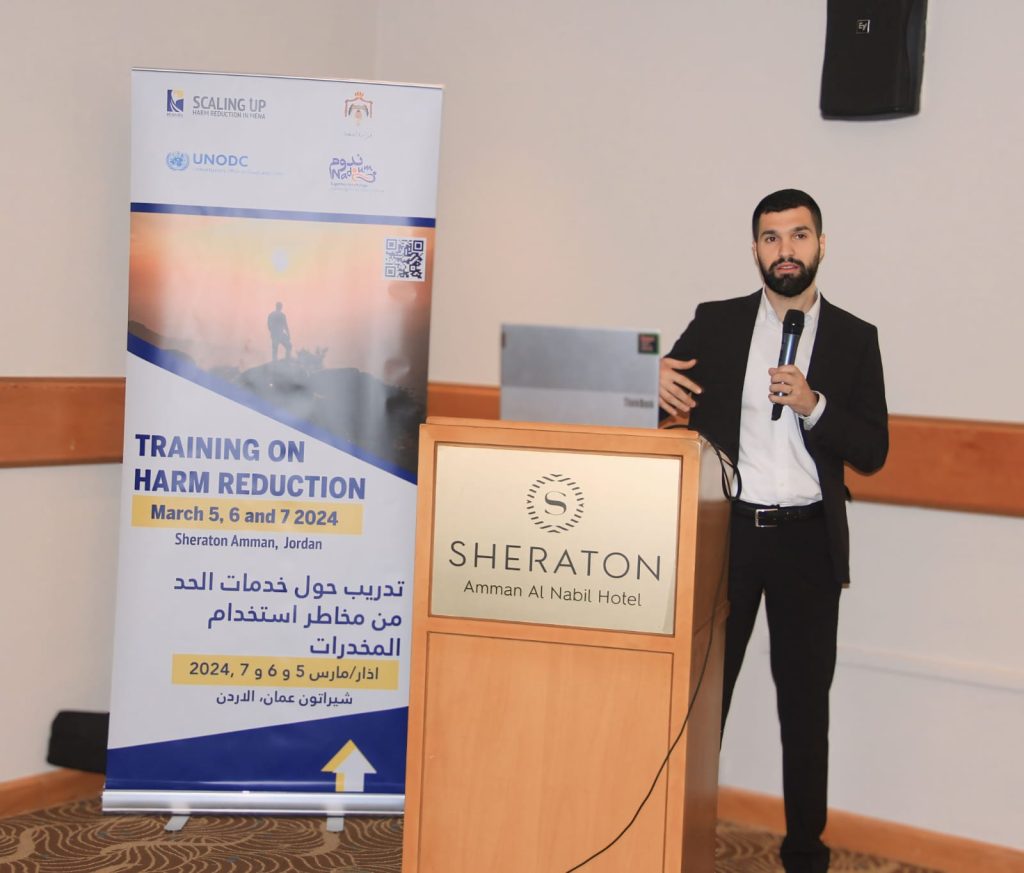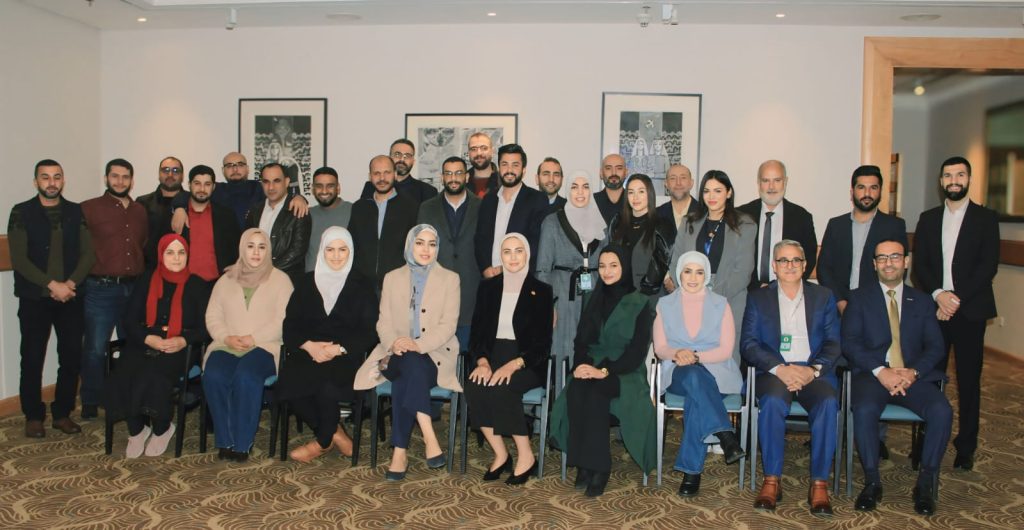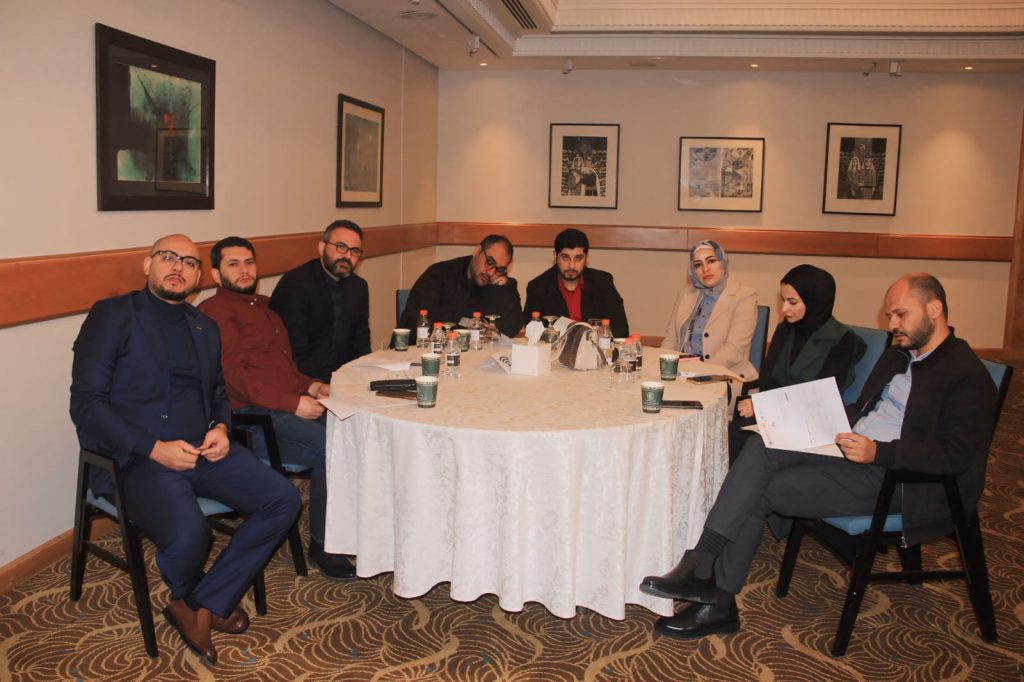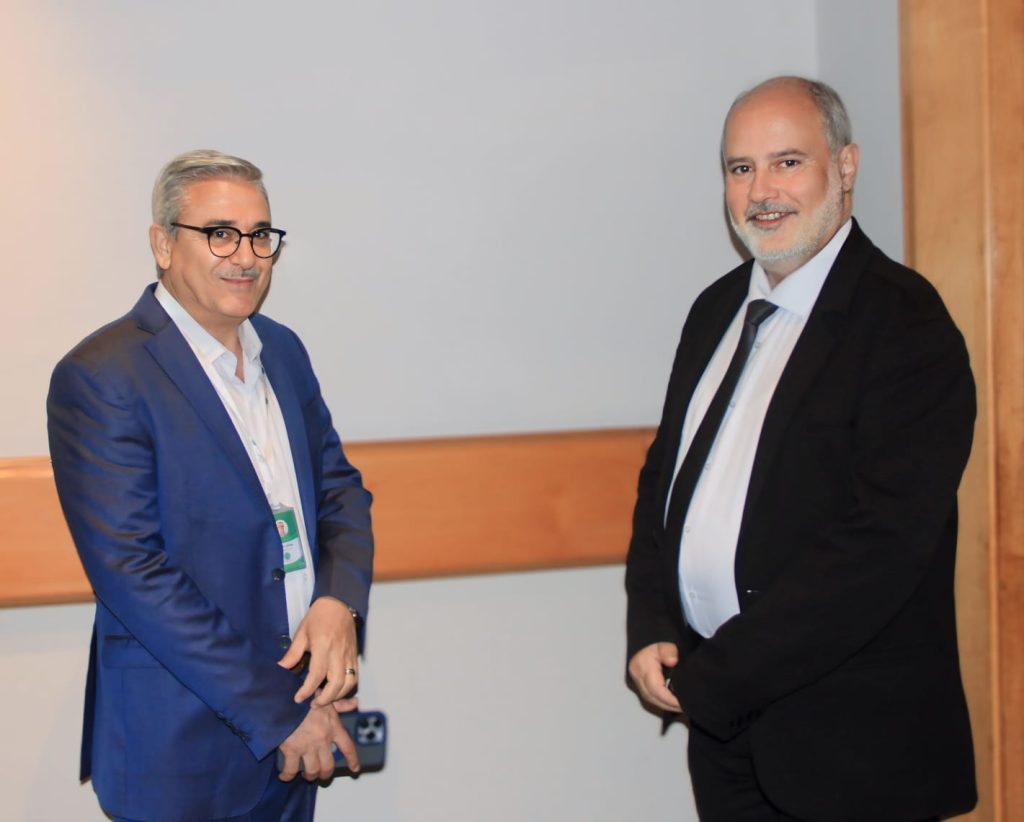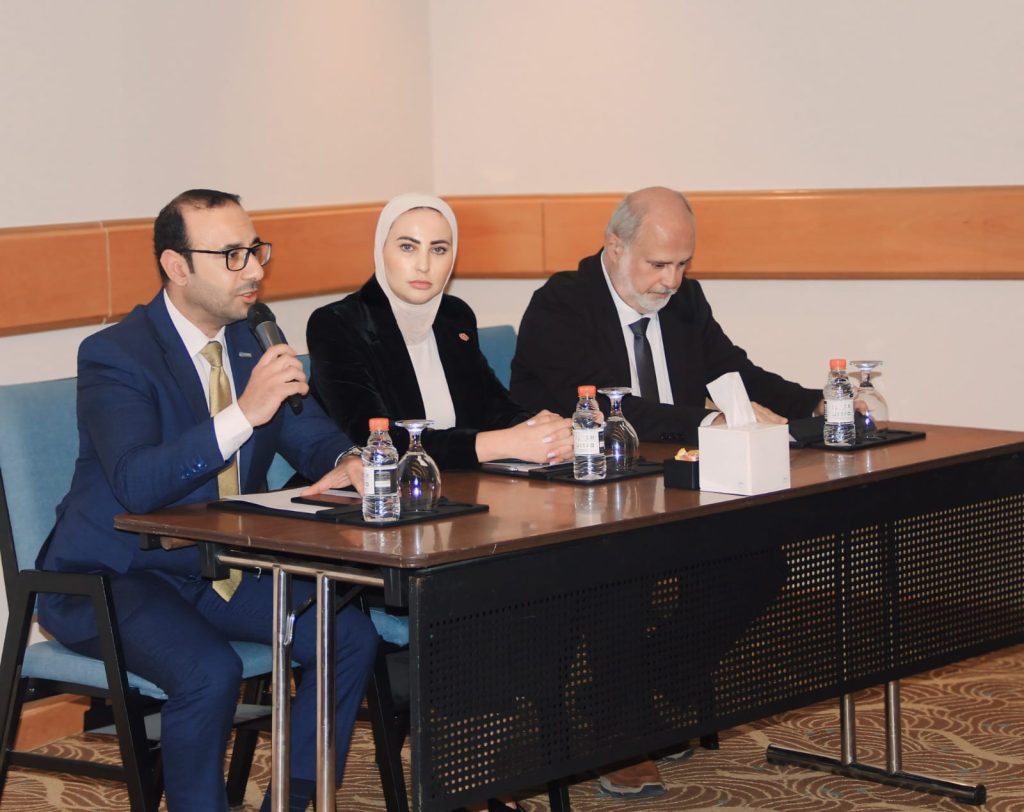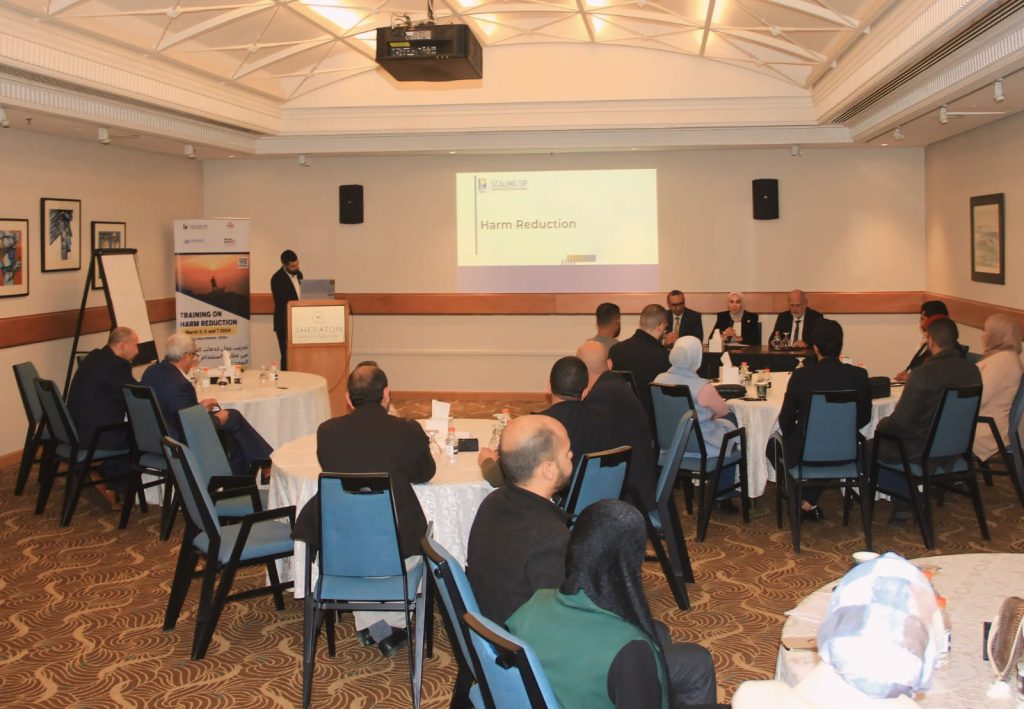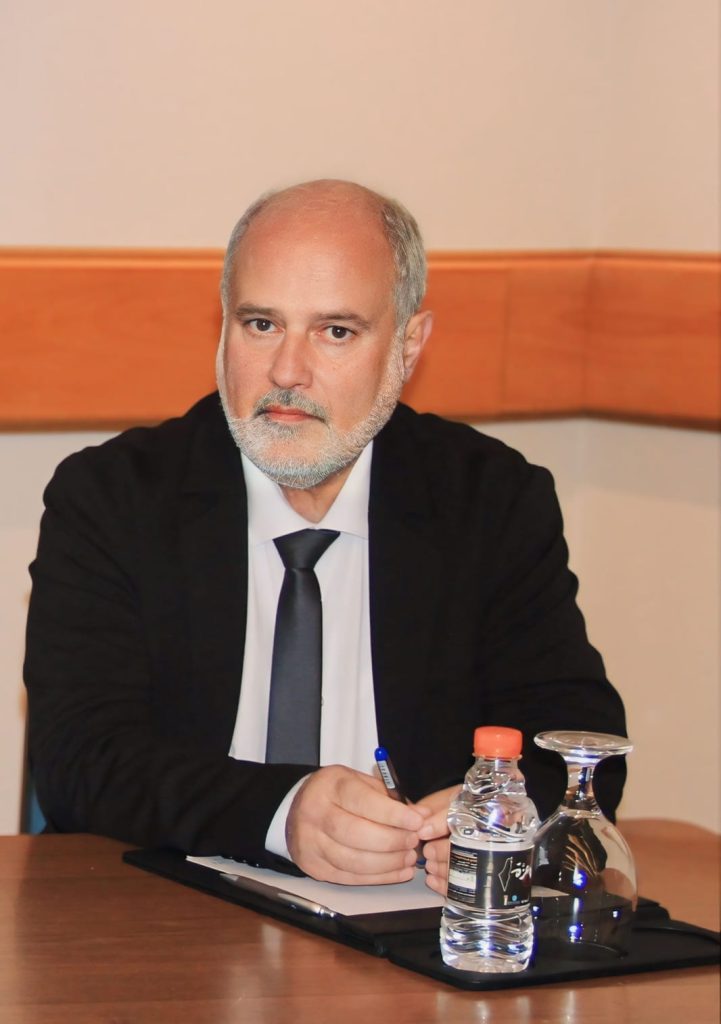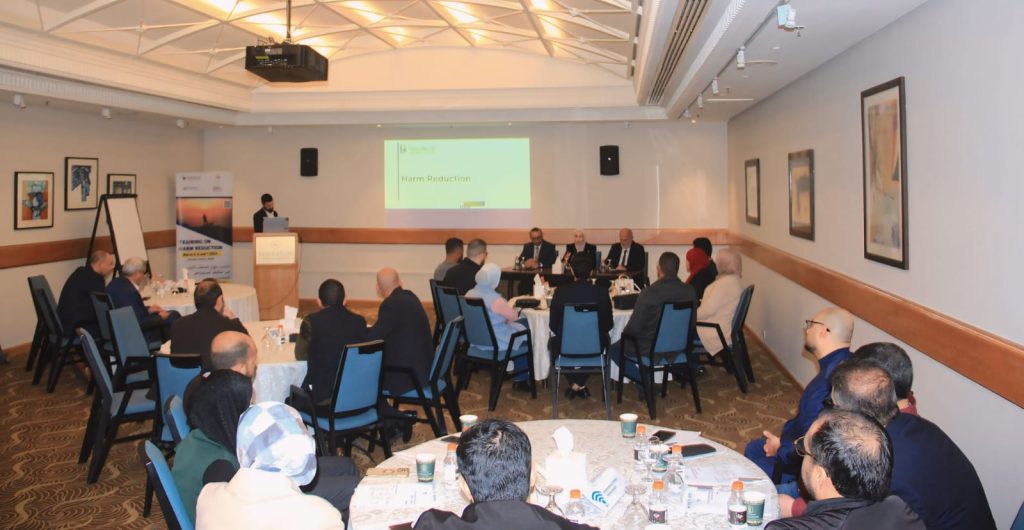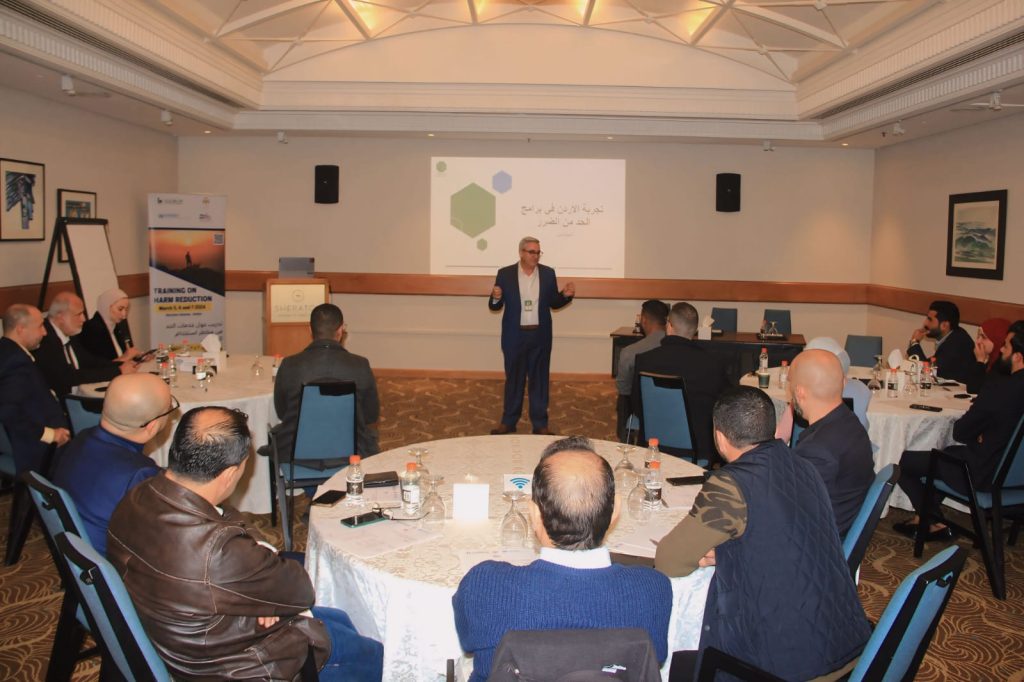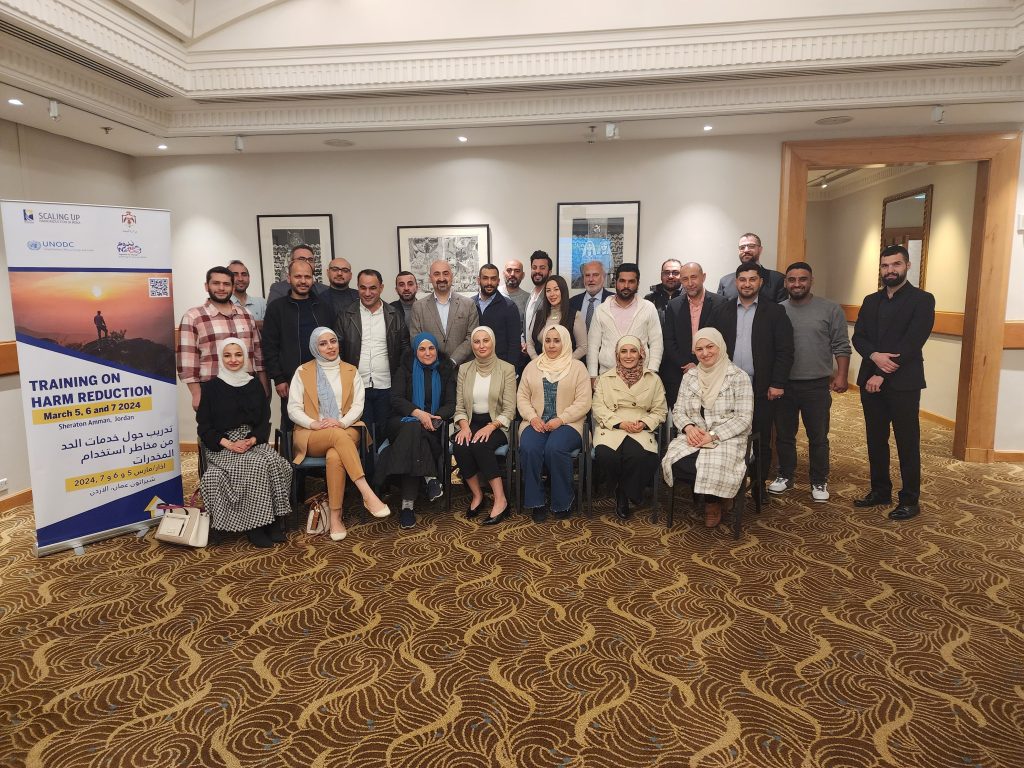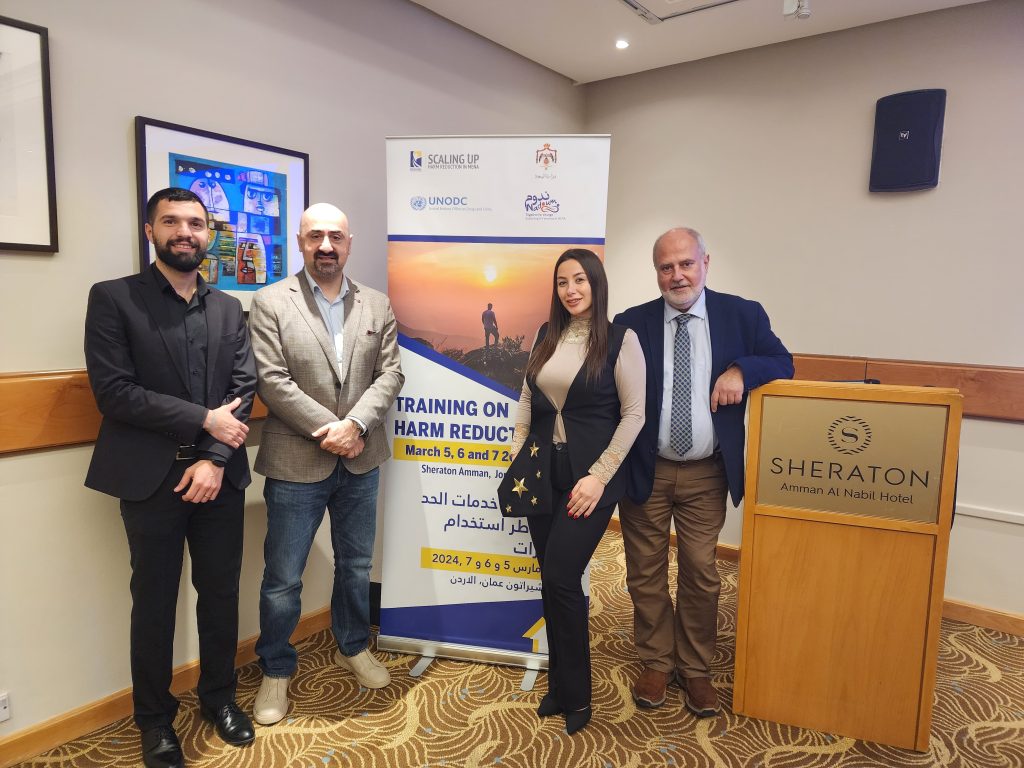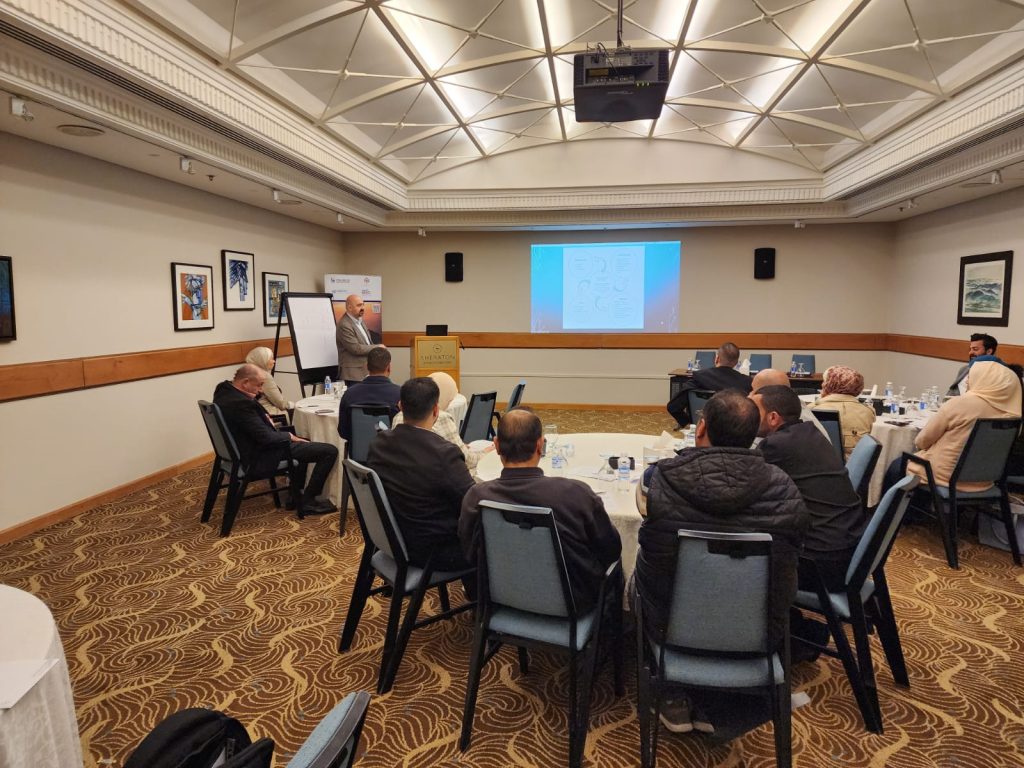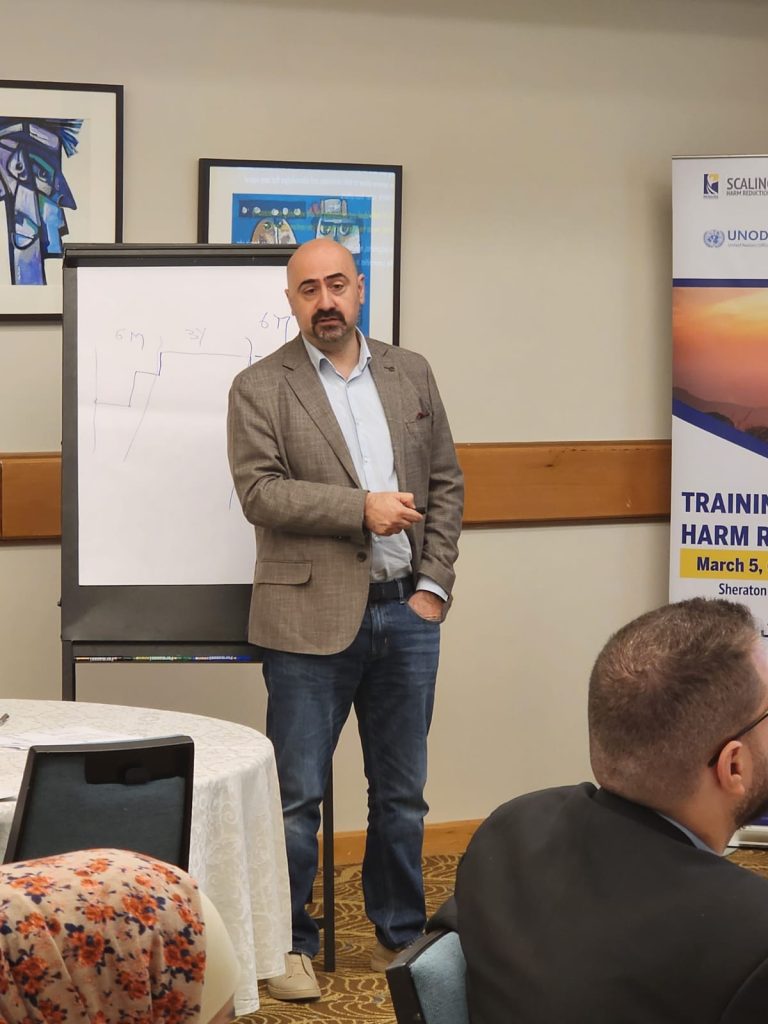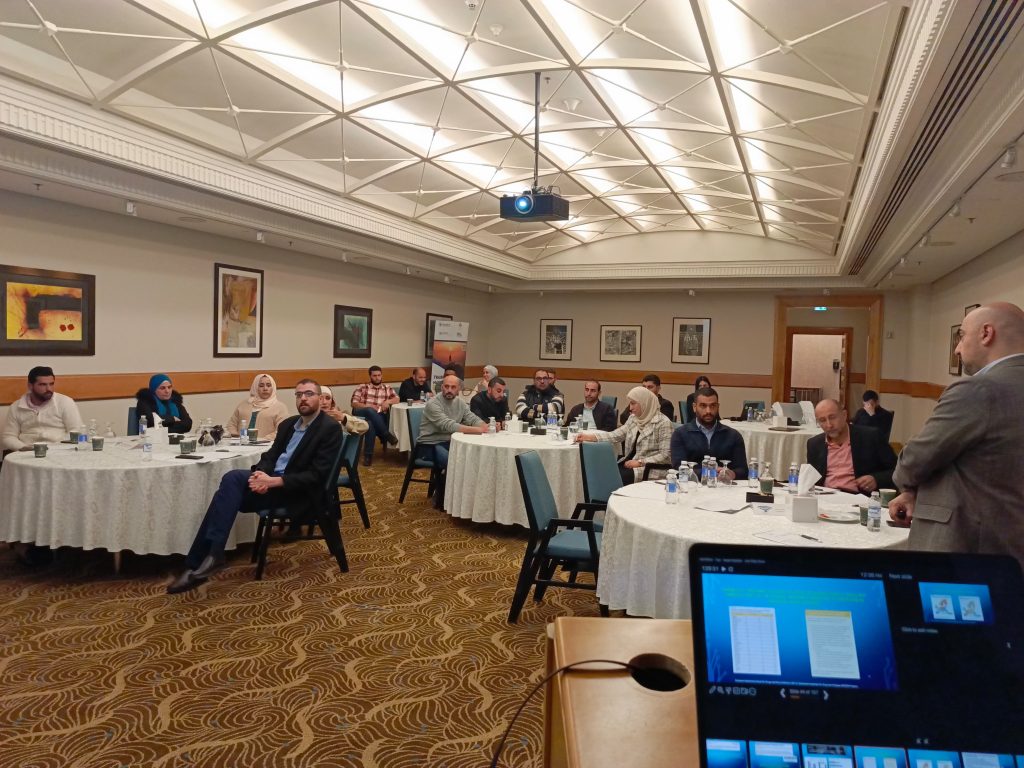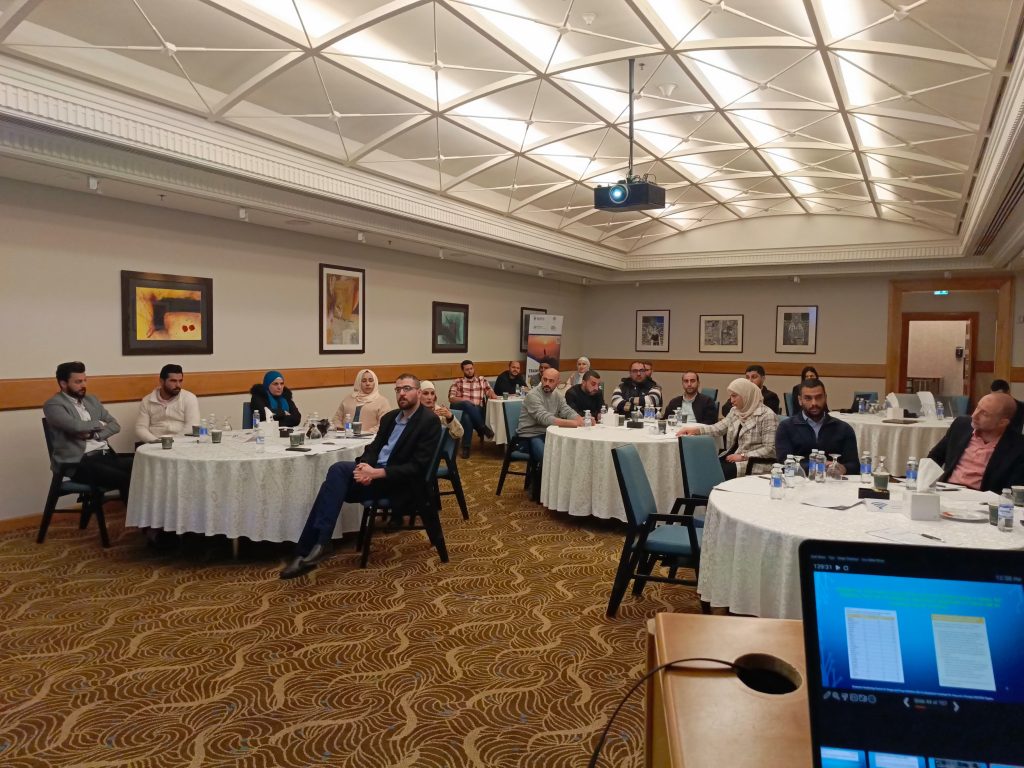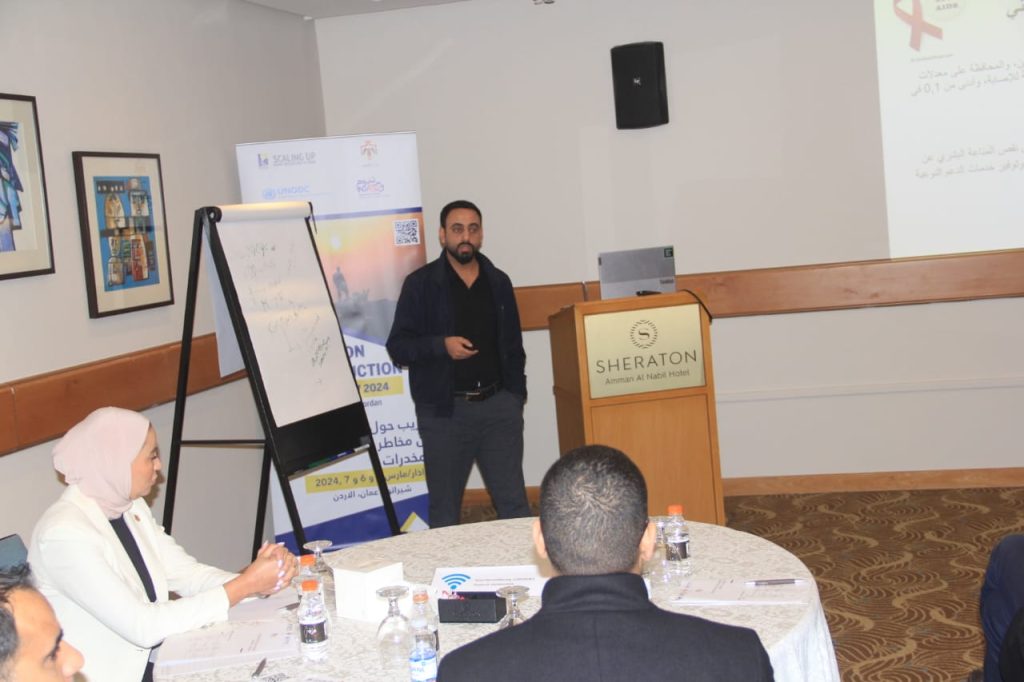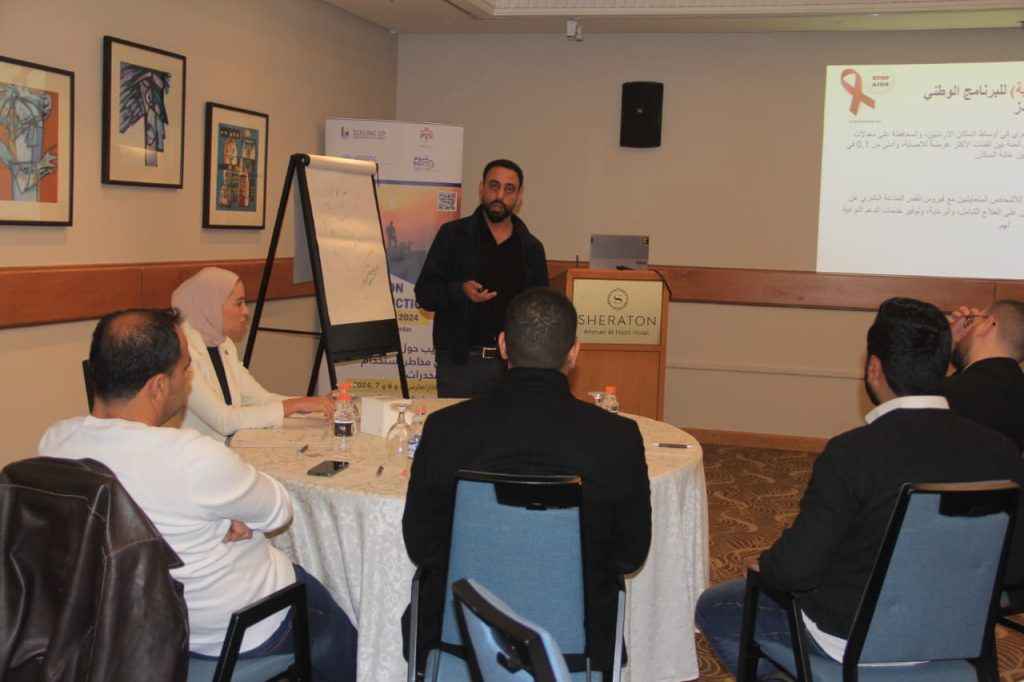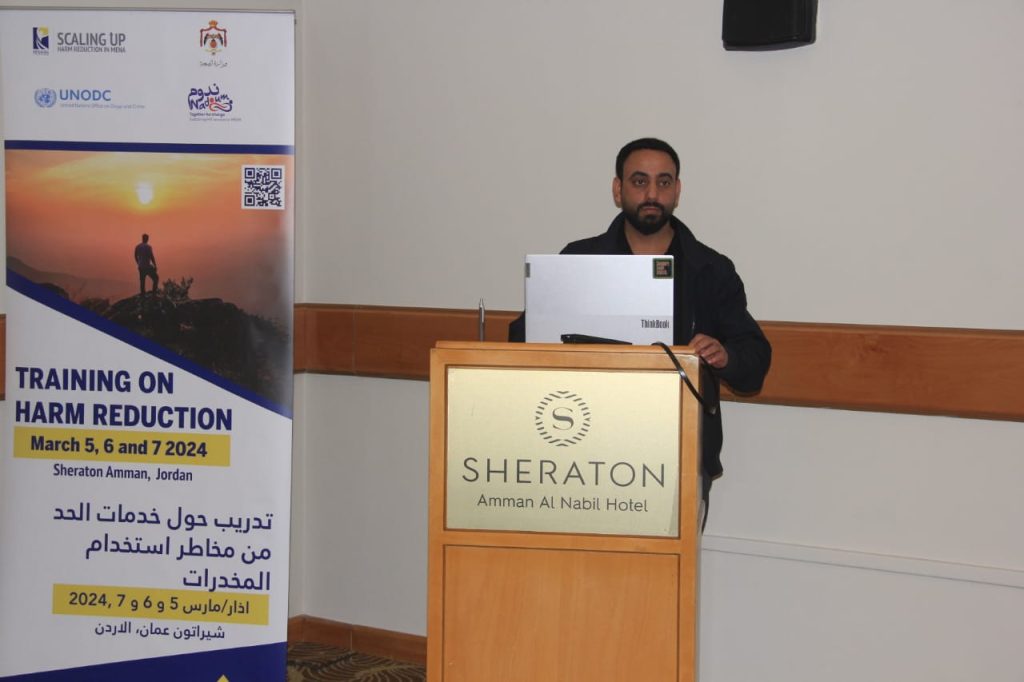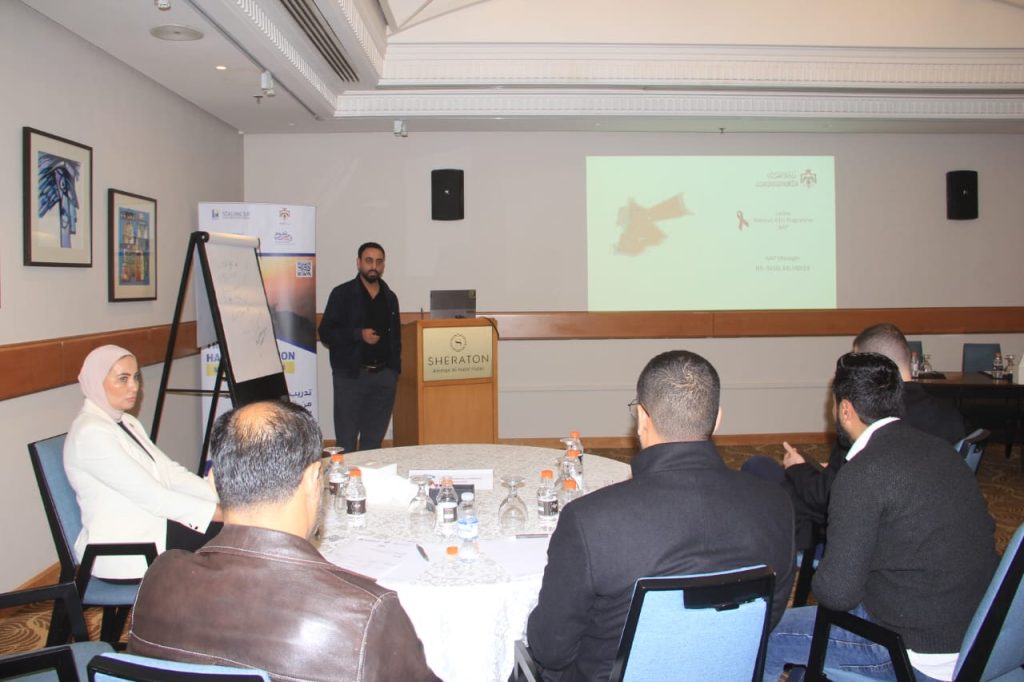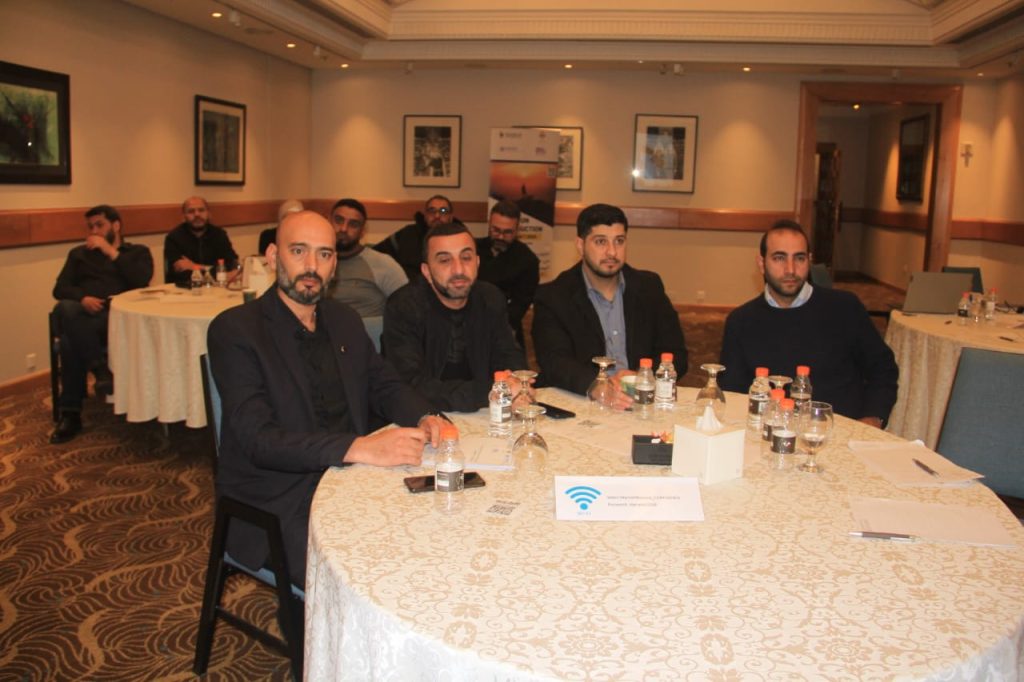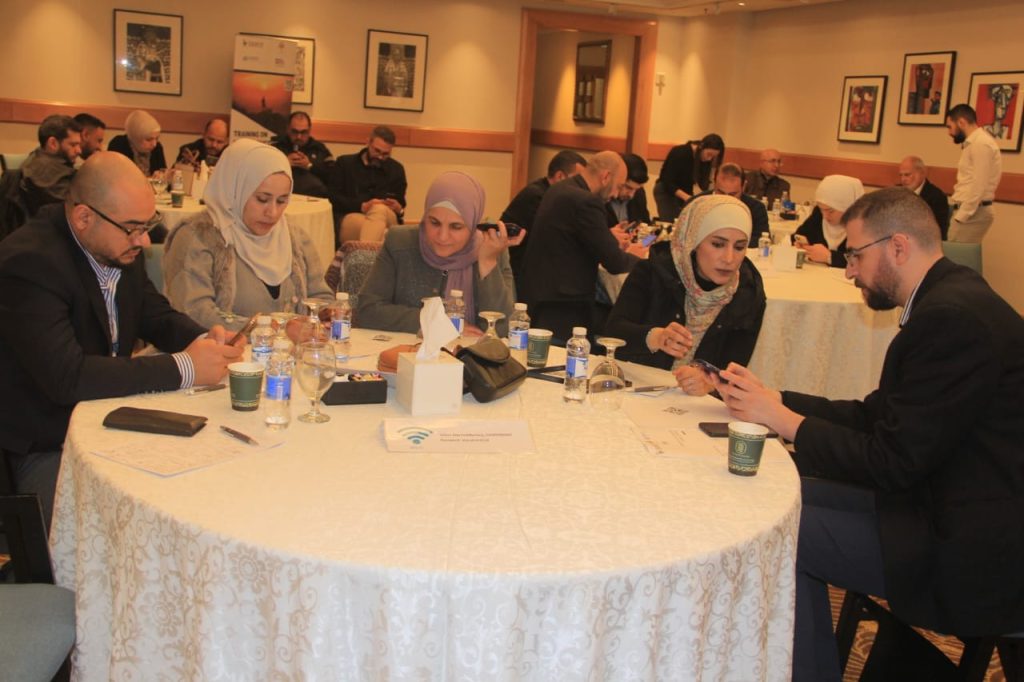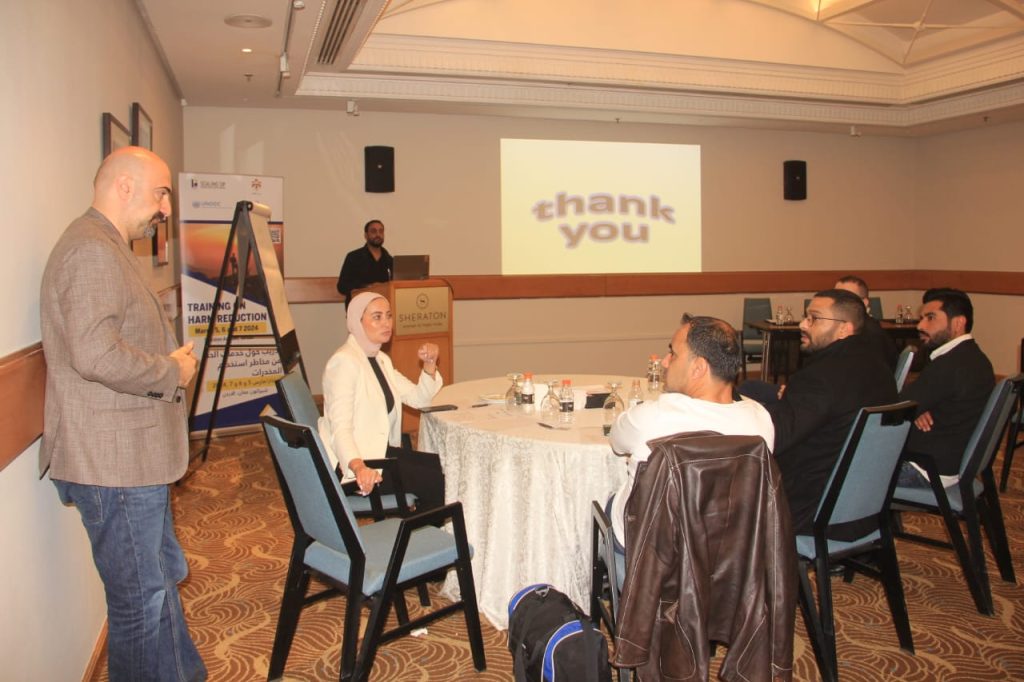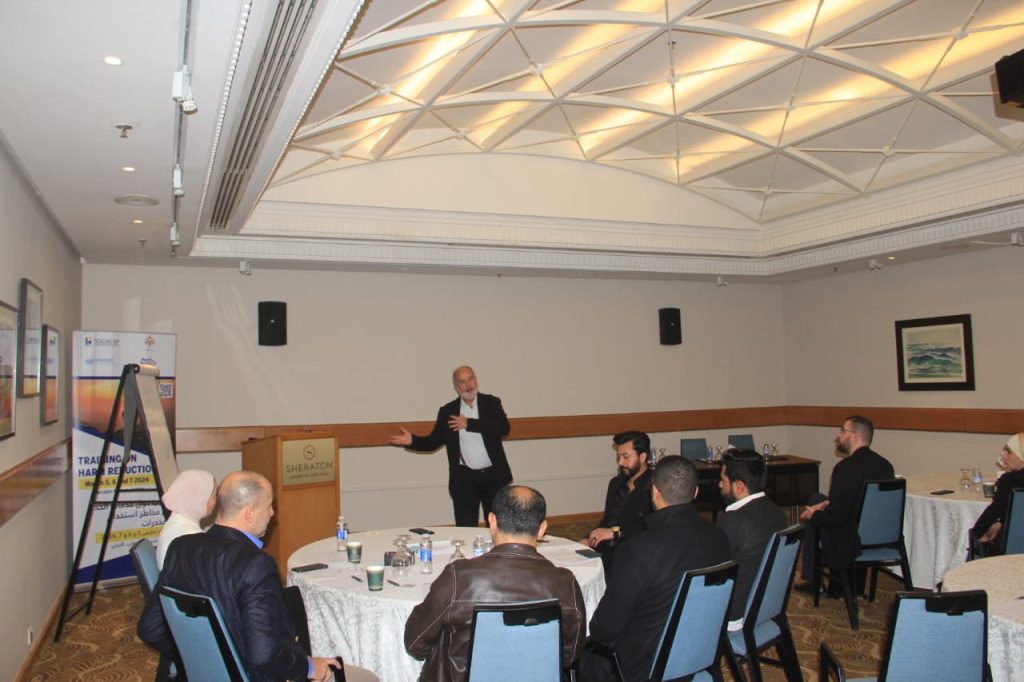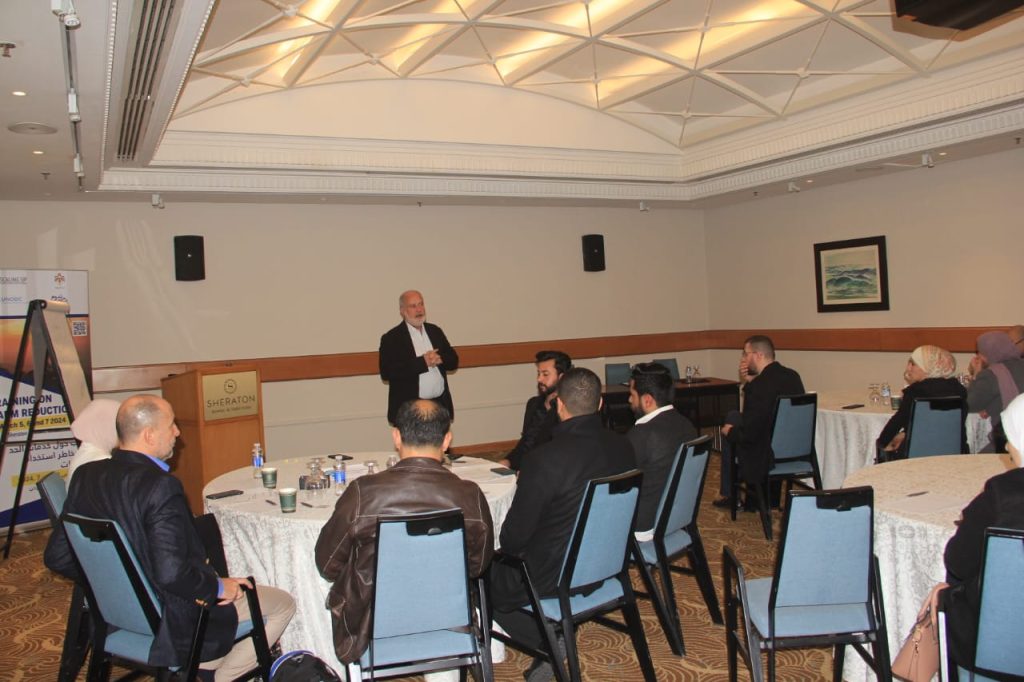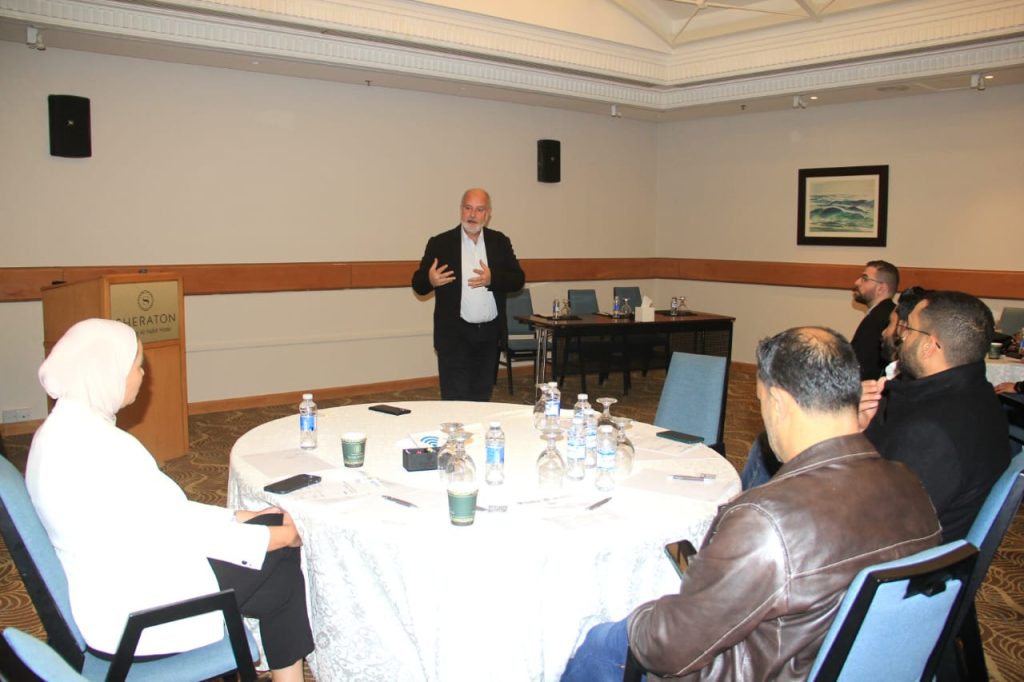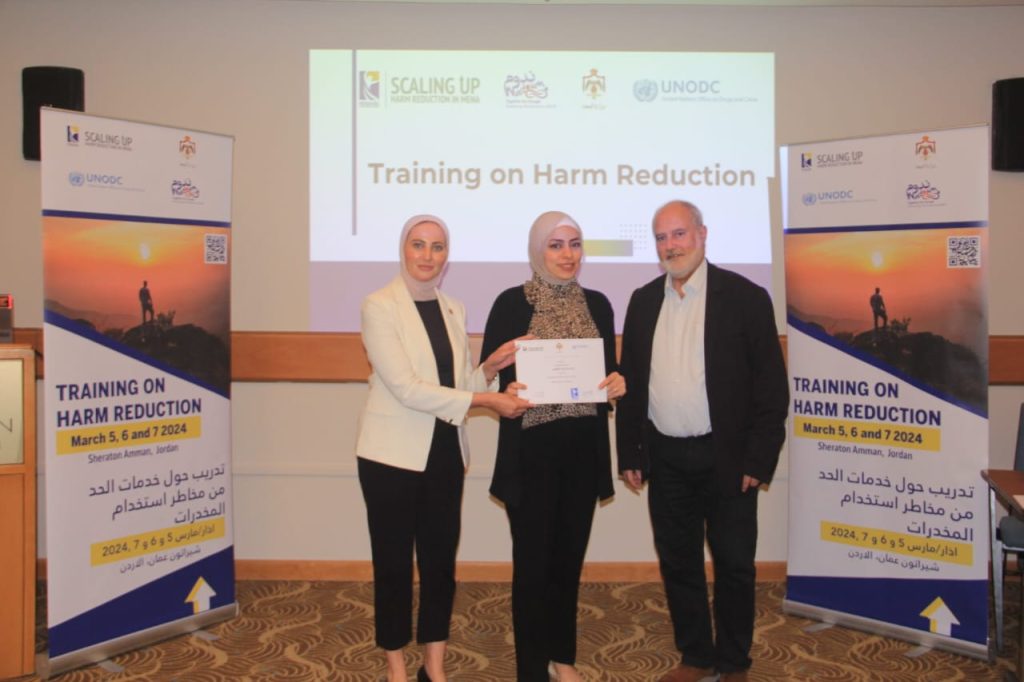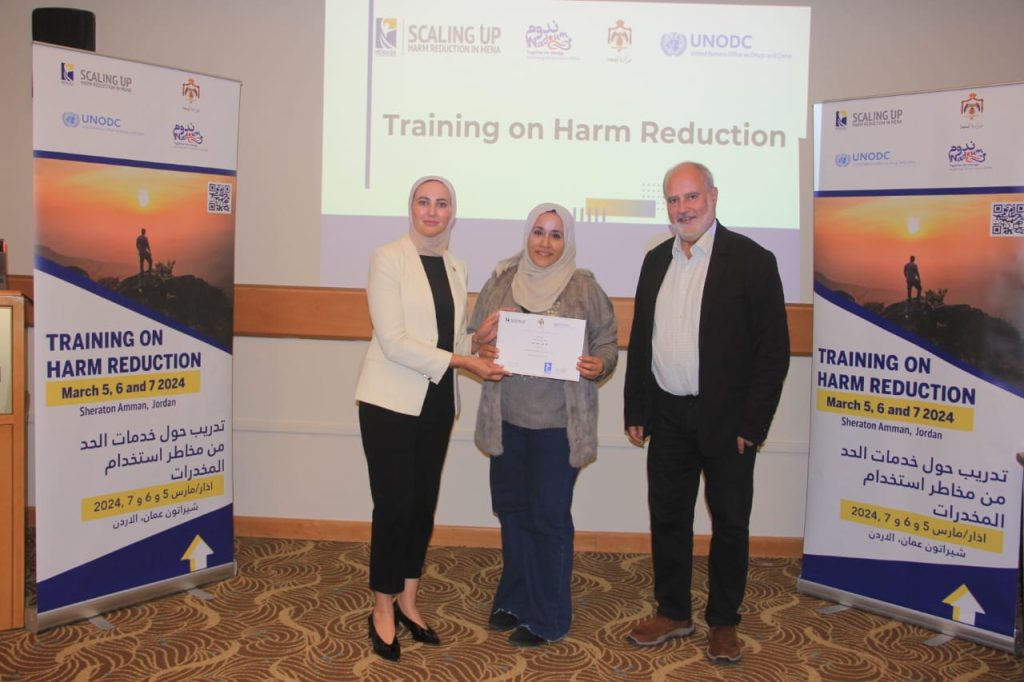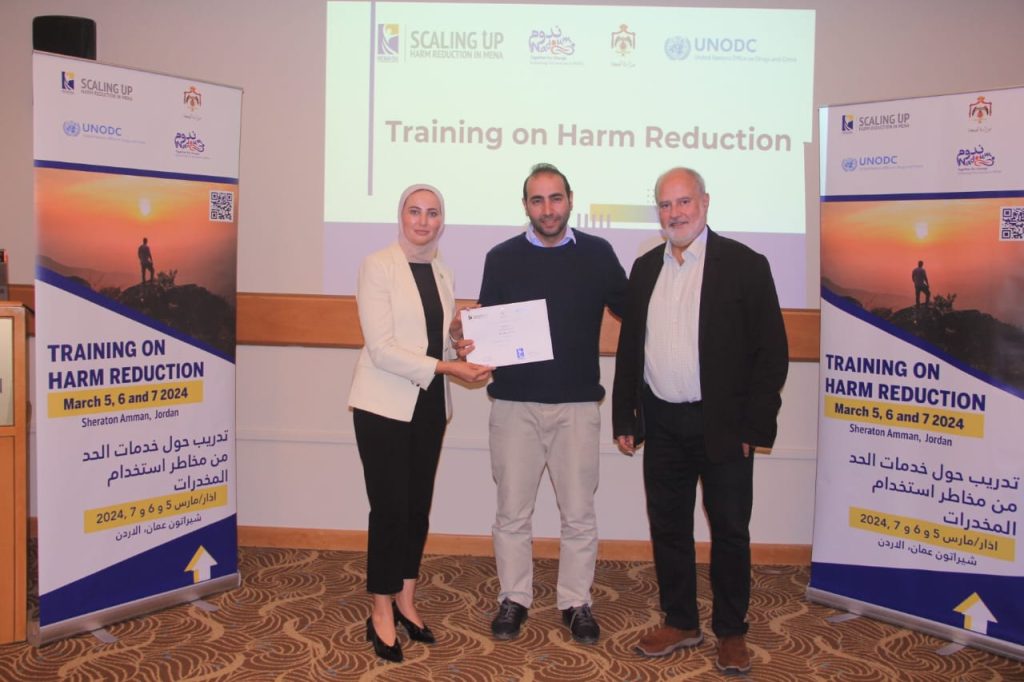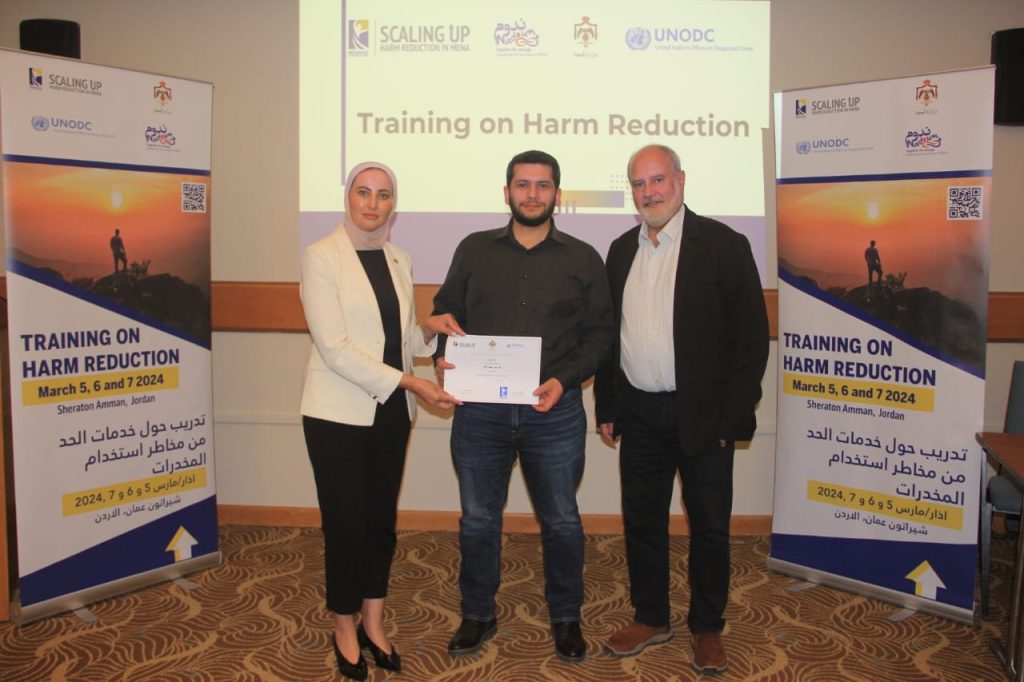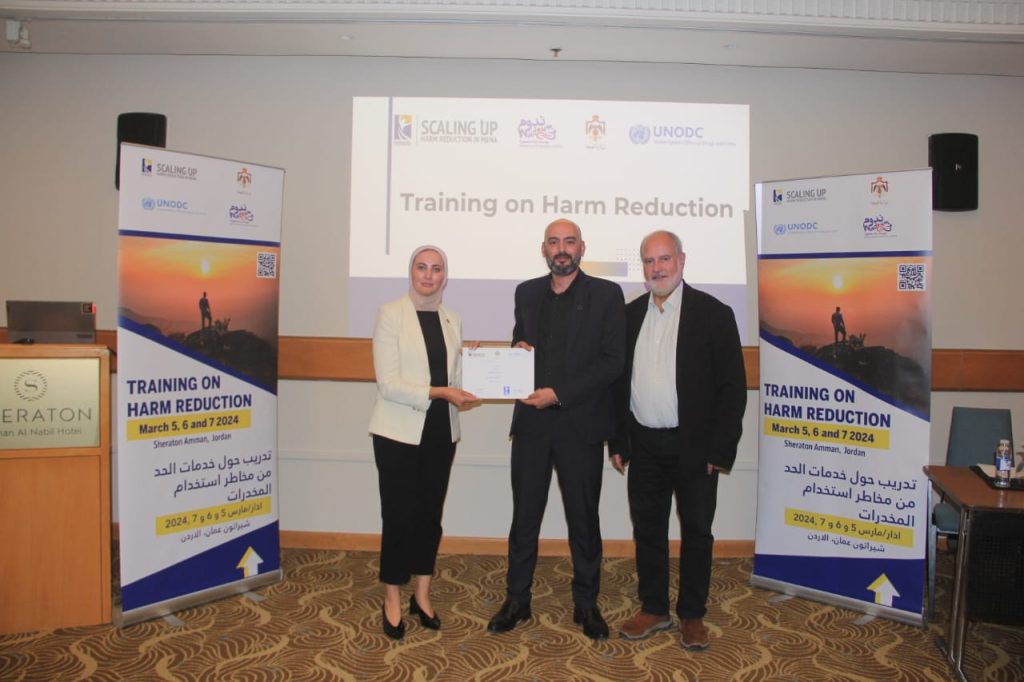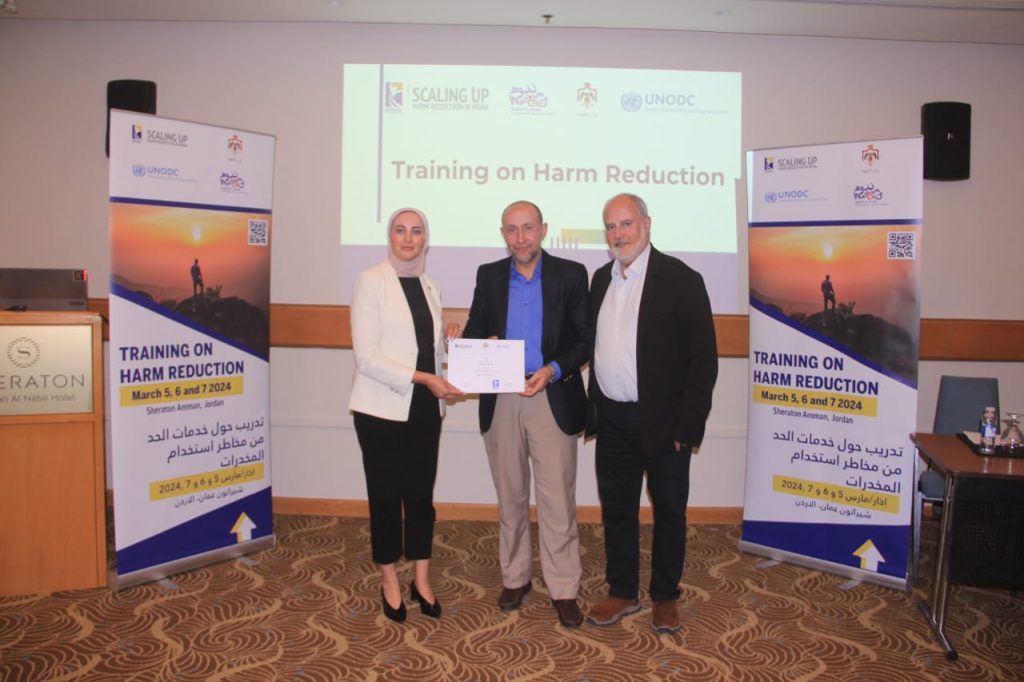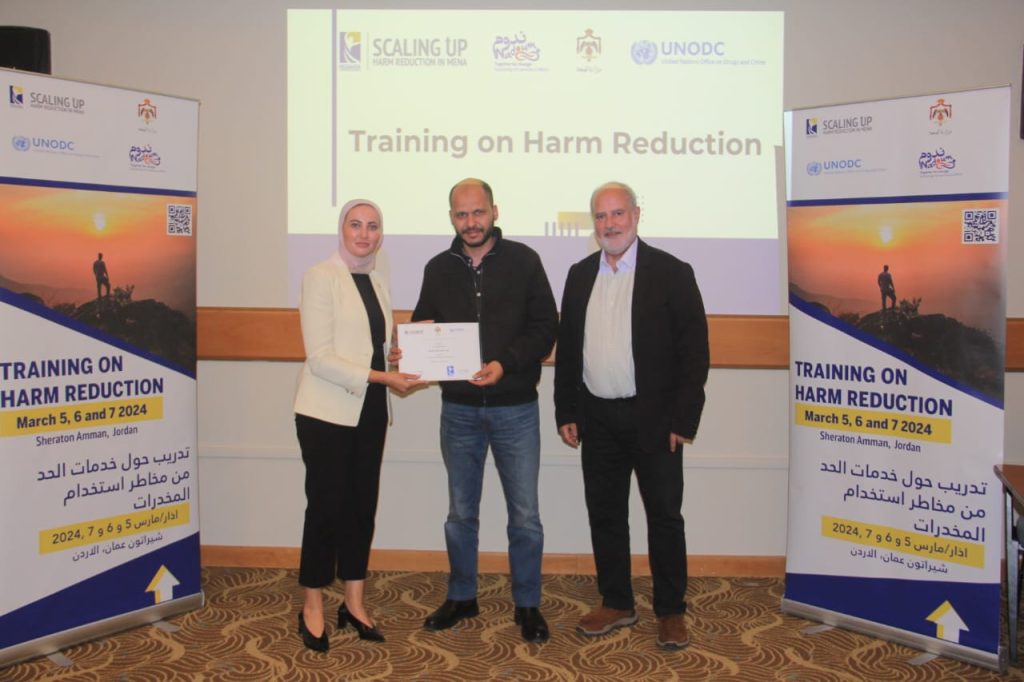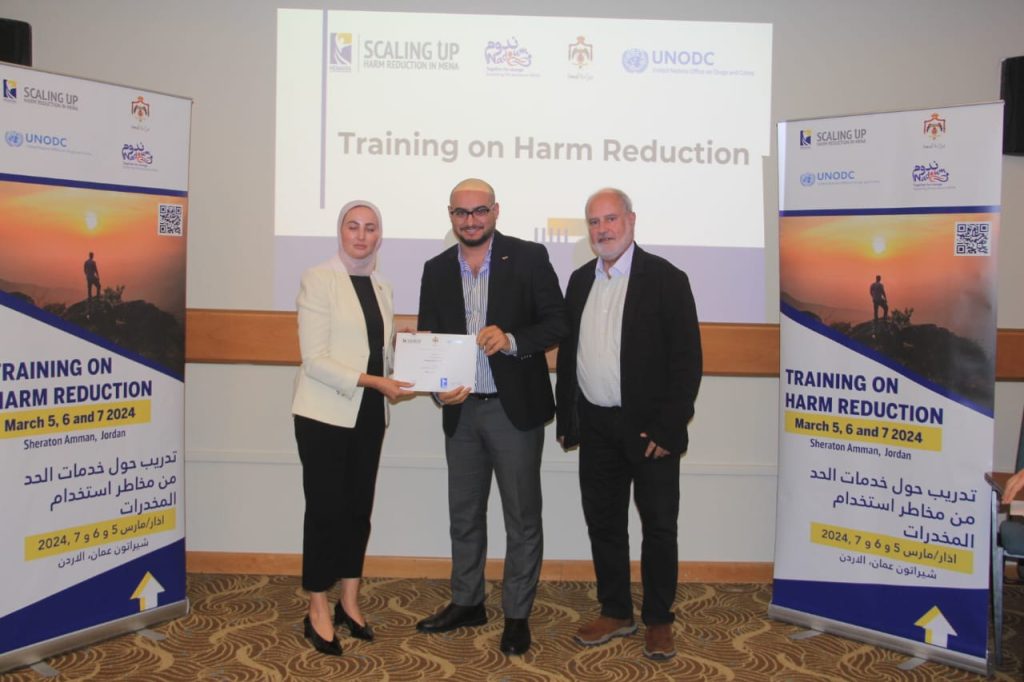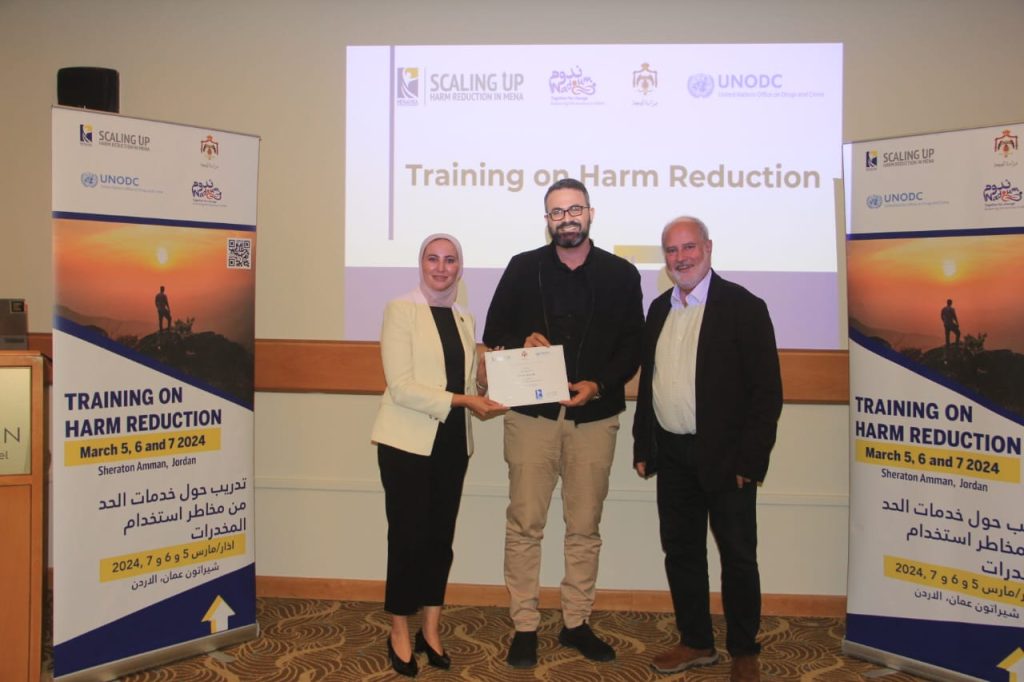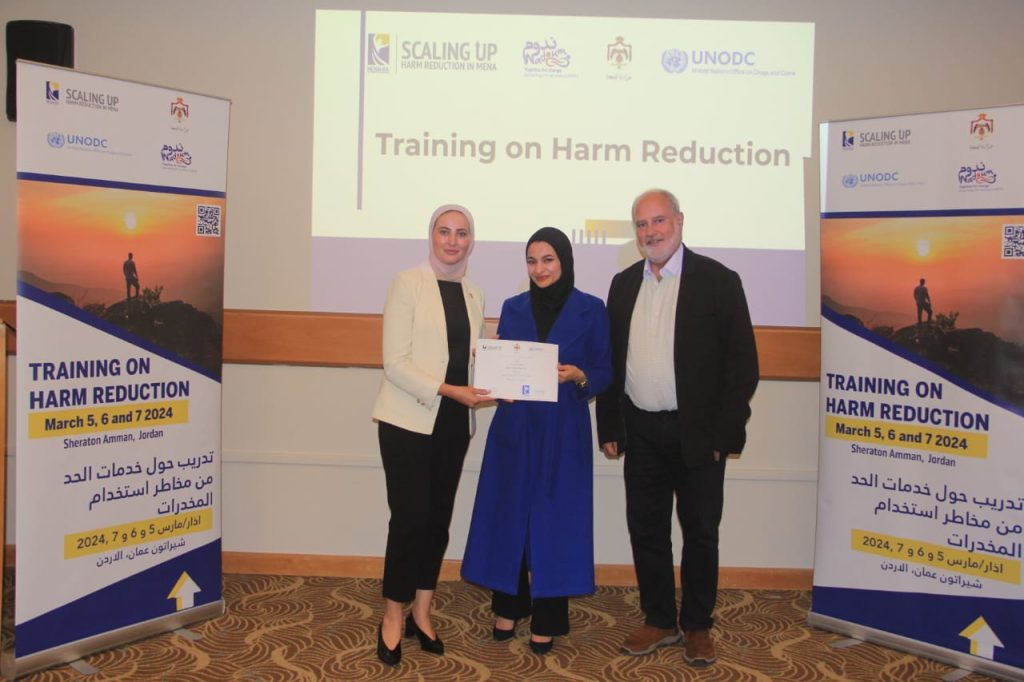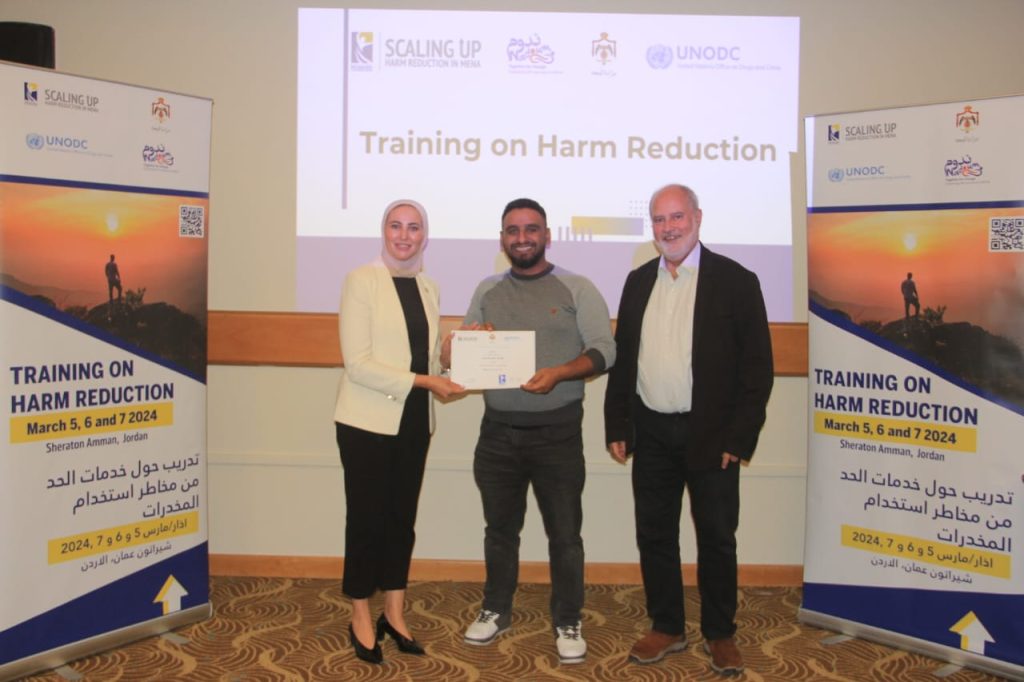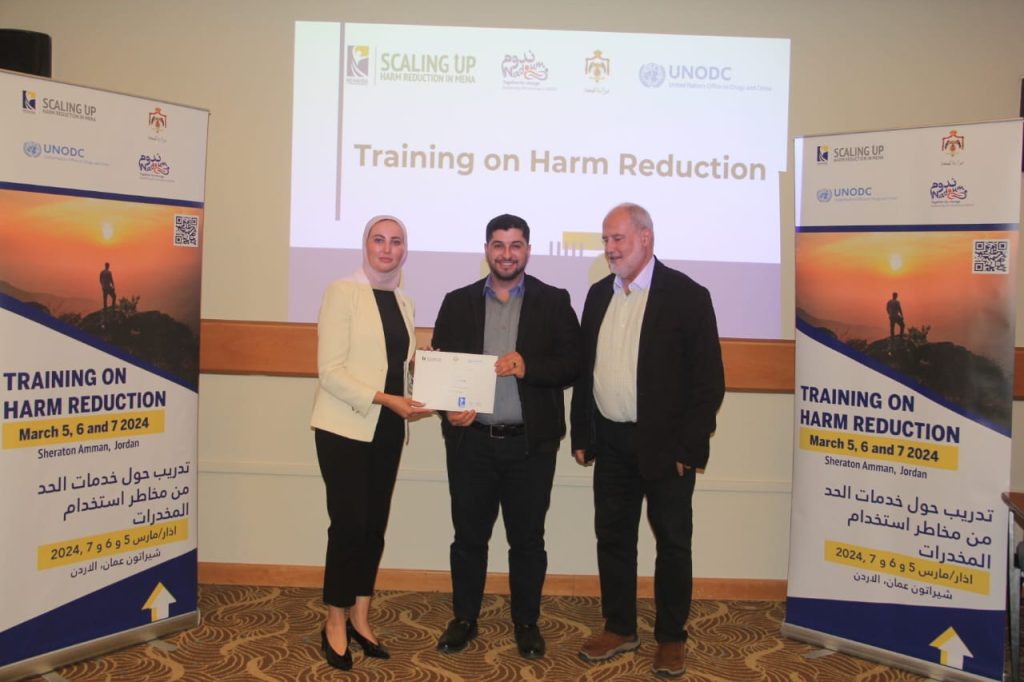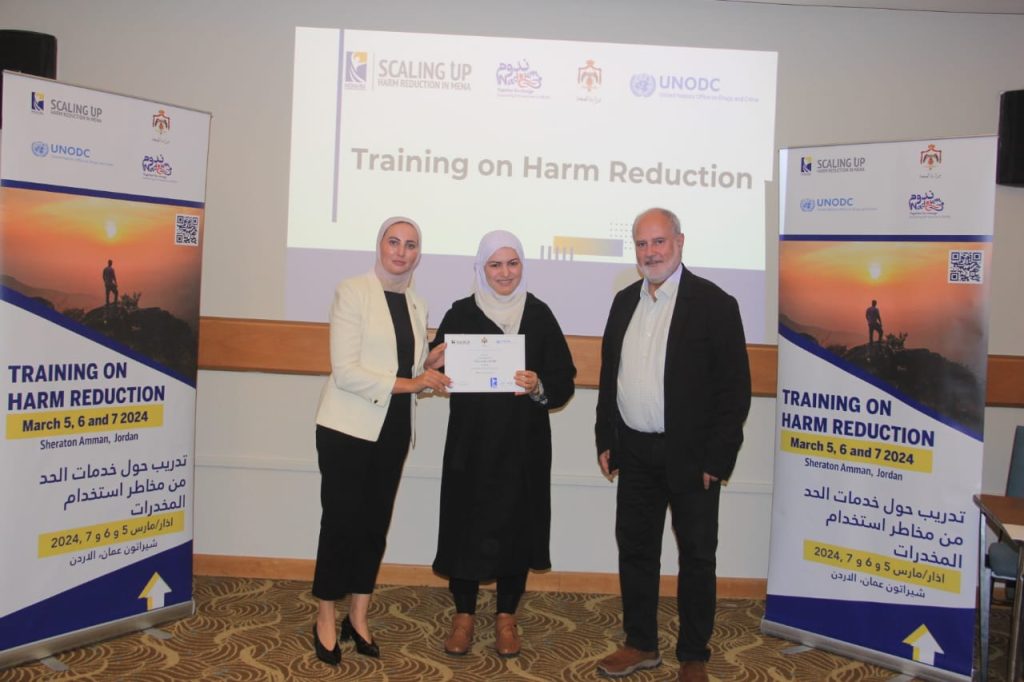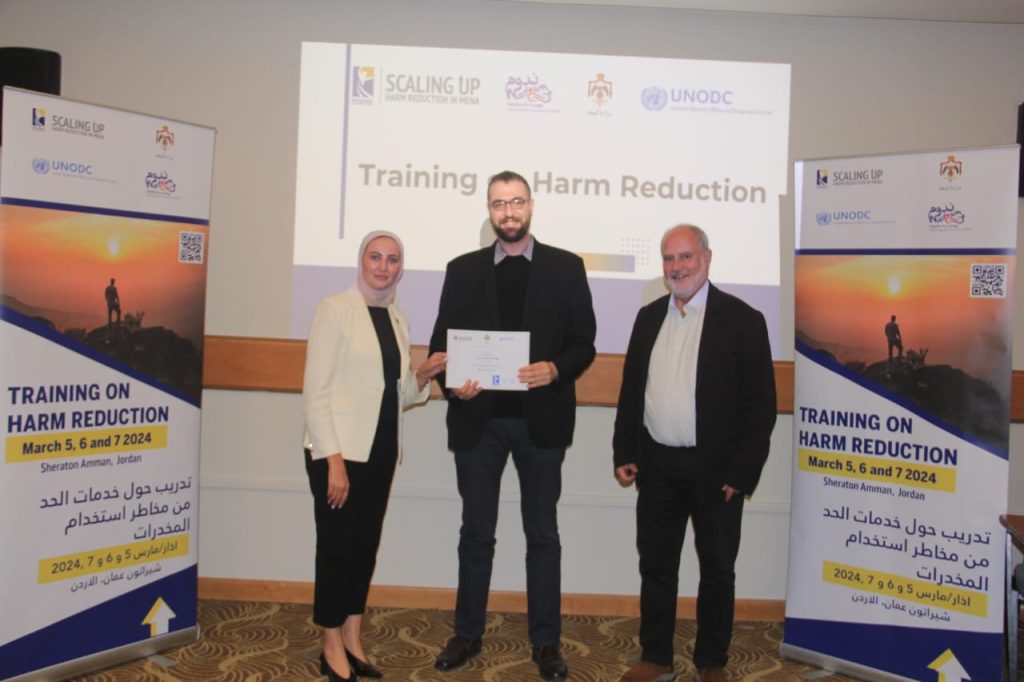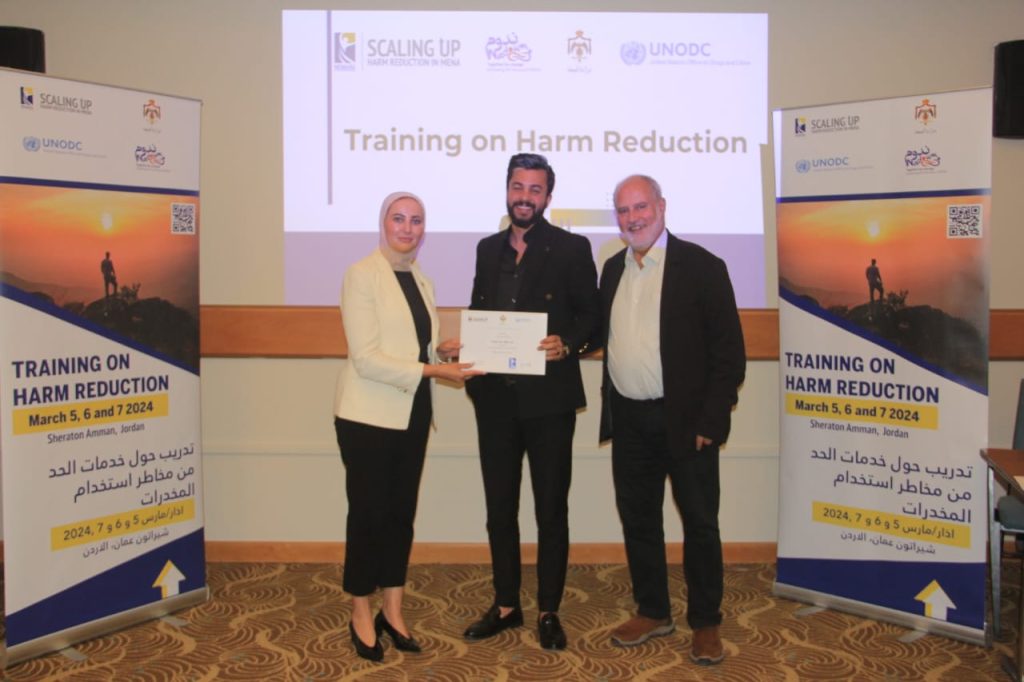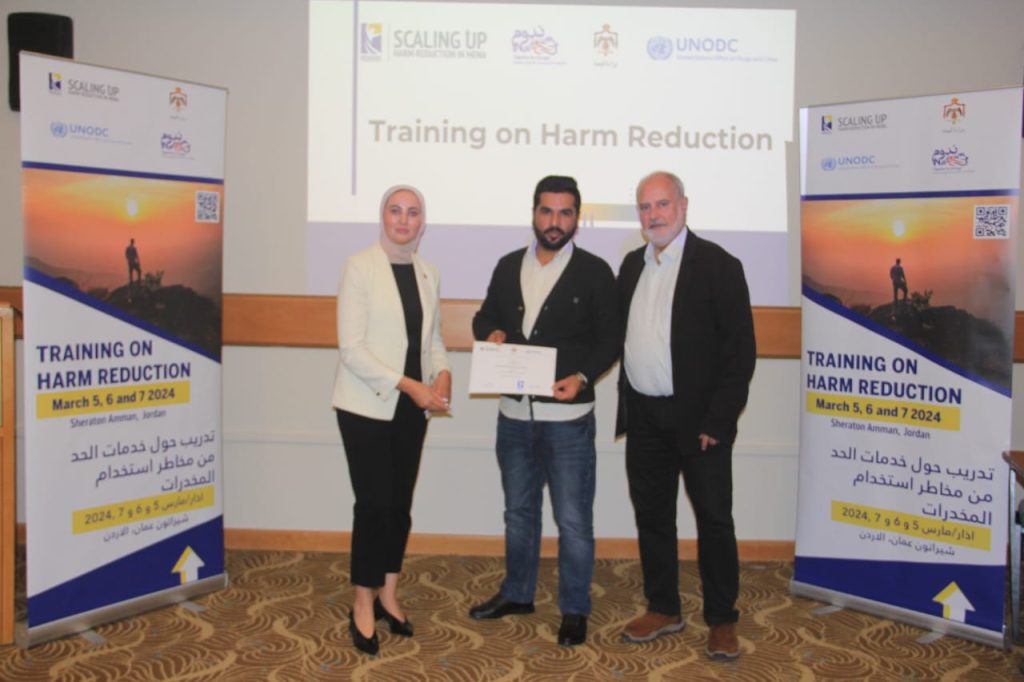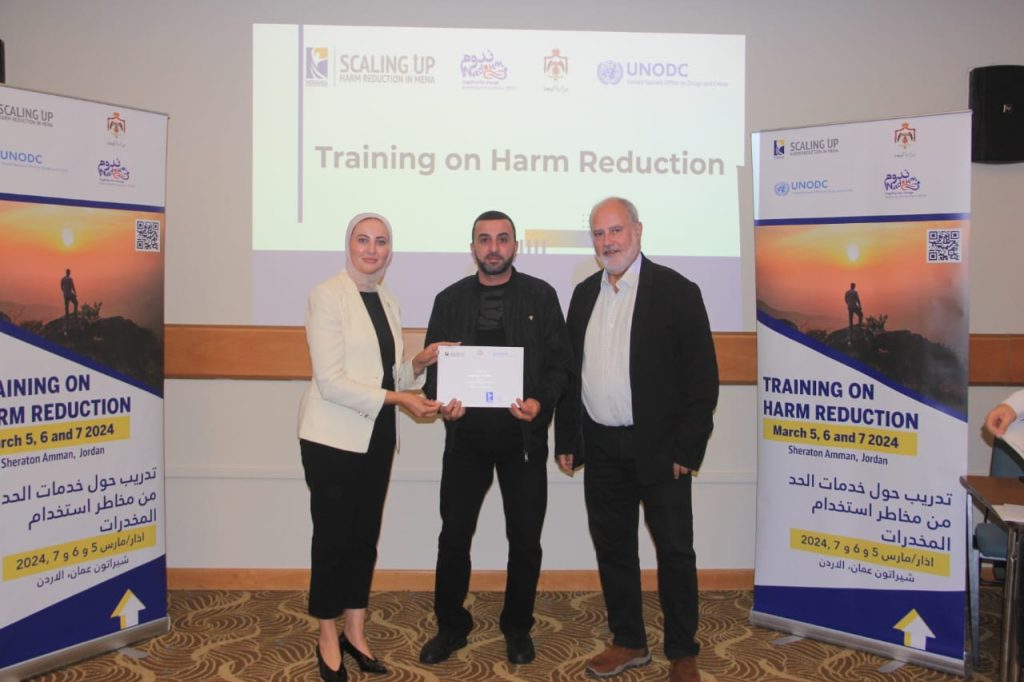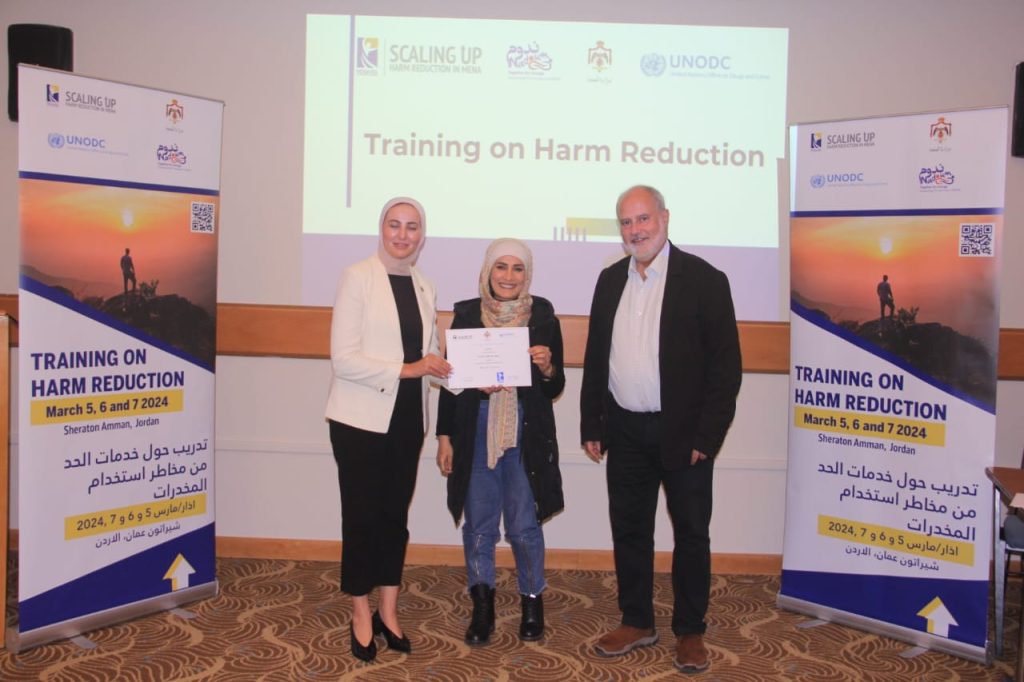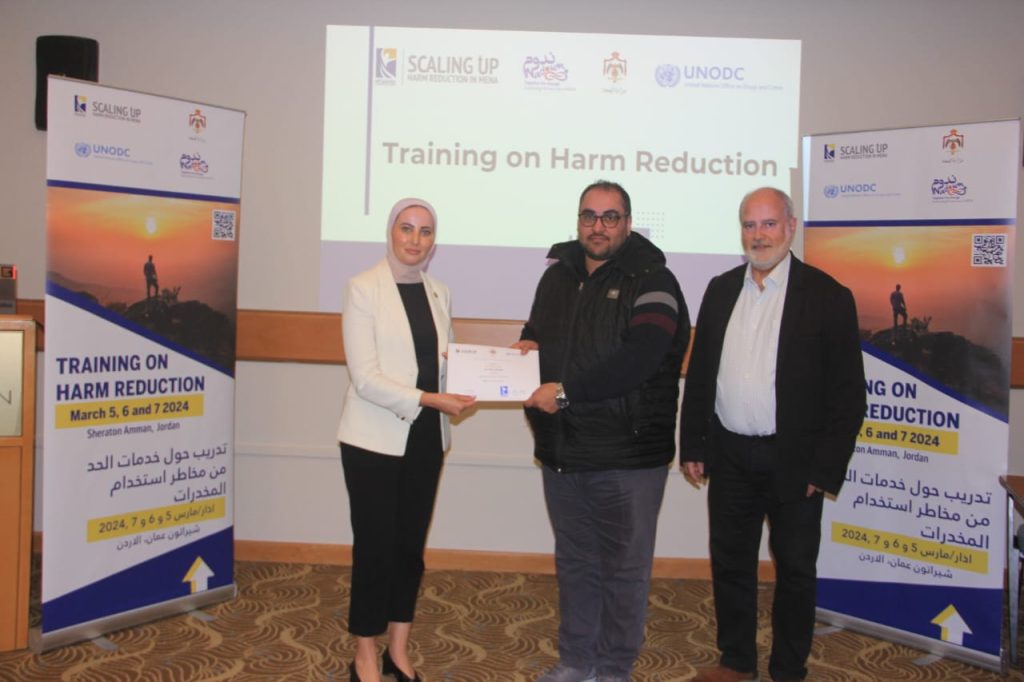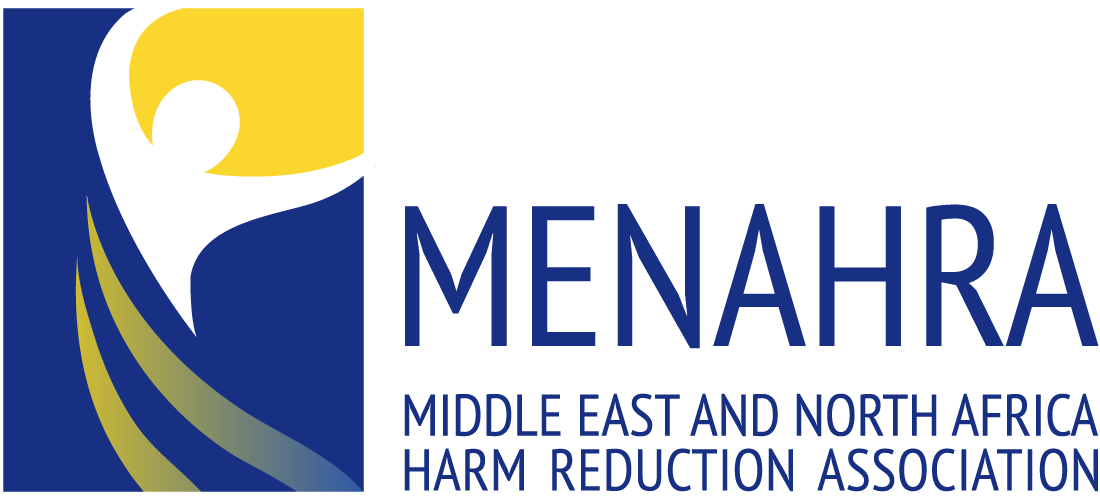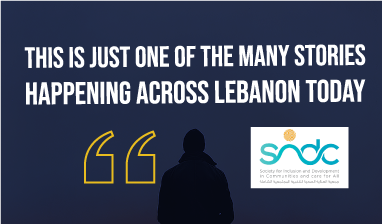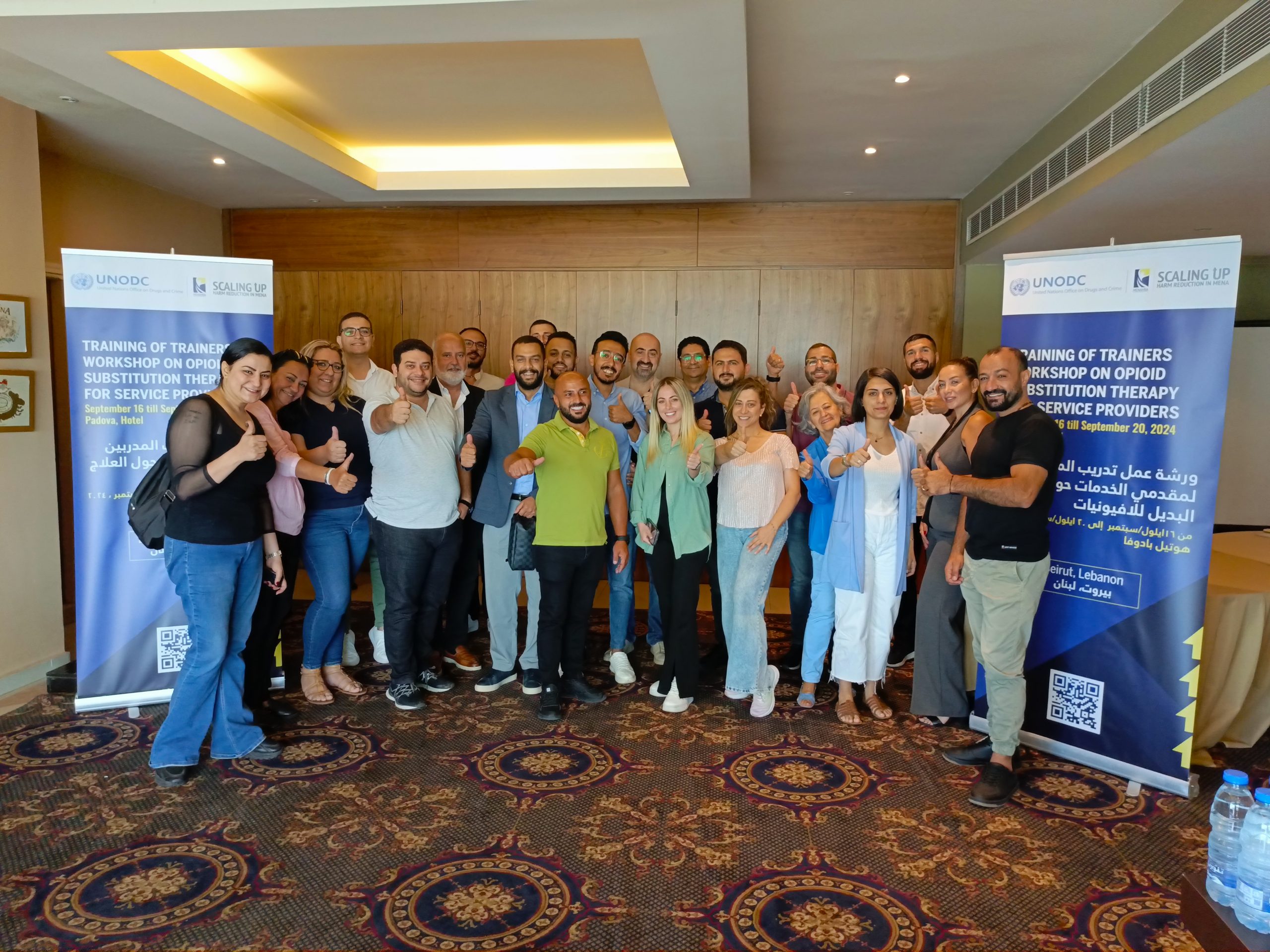From March 5 to March 7, 2024, the Middle East and North Africa Harm Reduction Association (MENAHRA), in collaboration with the Jordanian Ministry of Health, organized a groundbreaking workshop on harm reduction and opiate substitution in Amman, Jordan. Led by Dr. Joseph El Khoury, a highly experienced psychiatrist based in the UAE, the workshop drew a selected audience of 25 professionals, including psychiatrists and psychologists working in the public sector. This three-day event incorporated all aspects of harm reduction, including the link with People Living with HIV/AIDS (PLHIV/AIDS) and current strategies implemented in the region.
Comprehensive Workshop Content:
The harm reduction and opiate substitution workshop aimed to provide a comprehensive understanding of substance use treatment and promote the integration of evidence-based practices in Jordan. Dr. Joseph El Khoury, with his vast experience in the field, served as the main facilitator, guiding participants through various topics. Attendees were exposed to all elements of harm reduction, including the importance of reducing harm associated with drug use and the implementation of opiate substitution therapy.
Linking Harm Reduction and PWLHIV/AIDS:
Recognizing the interconnectedness of harm reduction and the challenges faced by People Living with HIV/AIDS, the workshop focused on establishing a strong link between these two areas. Participants explored ways to provide comprehensive care and support for individuals who are both struggling with substance use and living with HIV/AIDS. The workshop emphasized the importance of integrating harm reduction strategies into HIV/AIDS prevention and treatment programs, ensuring a holistic approach to care.
Current Strategies and National Context:
The workshop delved into the current strategies and regional context of harm reduction and opiate substitution in Jordan. Through case studies and interactive discussions, participants gained insights into the challenges and successes of implementing harm reduction approaches in the country. The workshop highlighted the importance of tailoring interventions to suit the specific needs and cultural context of Jordan, ensuring the relevance and effectiveness of substance use treatment strategies.
Positive Reception and Commitment to Further Training:
The format and content of the workshop received an overwhelmingly positive response from the participants. The audience of 25 psychiatrists and psychologists working in the public sector expressed their appreciation for the comprehensive and engaging sessions led by Dr. El Khoury and the organizing team. The workshop provided a platform for open dialogue, knowledge sharing, and networking, allowing attendees to learn from the expertise of their peers.
The success of the workshop contributes to laying the foundation for further training and potential implementation of methadone and buprenorphine-based treatments in Jordan. The attendees recognized the evidence-based effectiveness of these interventions in reducing harm, improving treatment outcomes, and enhancing the overall well-being of individuals struggling with opioid use disorders. MENAHRA and the Jordanian Ministry of Health have committed to organizing additional training sessions to build upon the knowledge gained during the workshop, ensuring continuous professional development in the field.
It is hoped that such events pave the way for potential implementation of methadone and buprenorphine-based treatments, ensuring improved outcomes and better support for individuals who use drugs, specifically opioids. By integrating harm reduction strategies with HIV/AIDS prevention and treatment programs, Jordan can address the specific needs of all groups who are also dealing with substance use. This comprehensive approach will contribute to a more inclusive and effective framework in the country as it faces a longstanding challenge.

